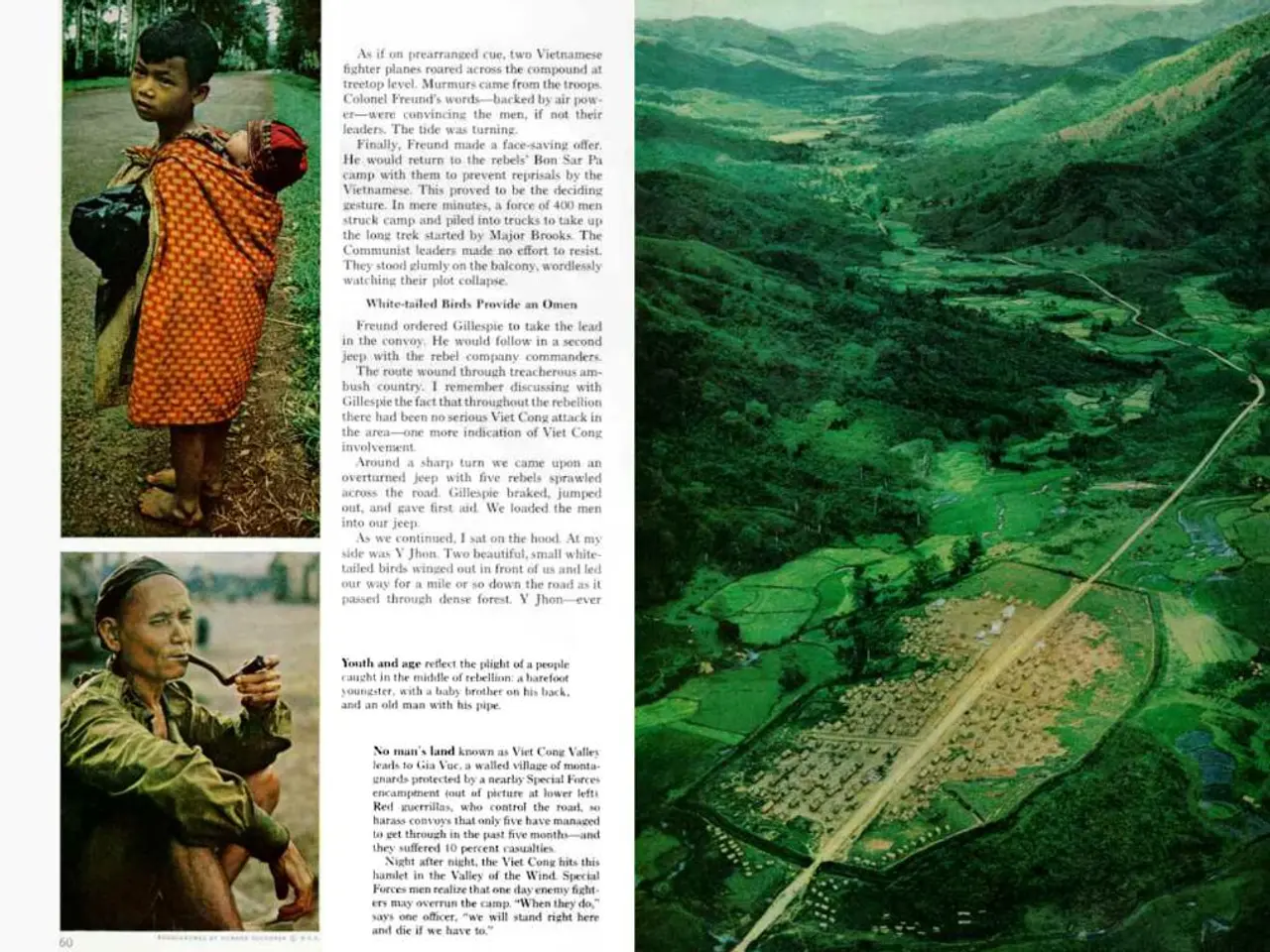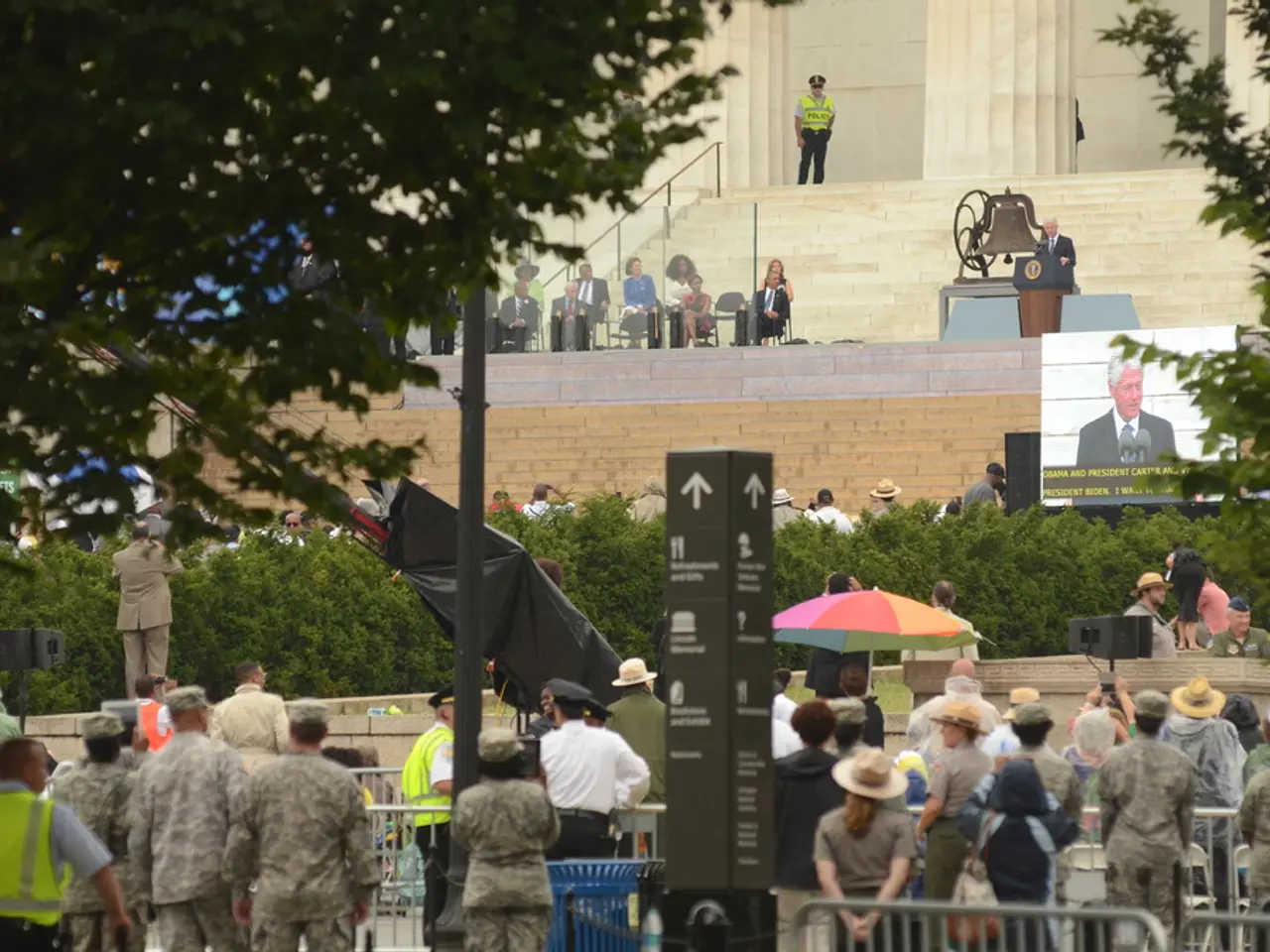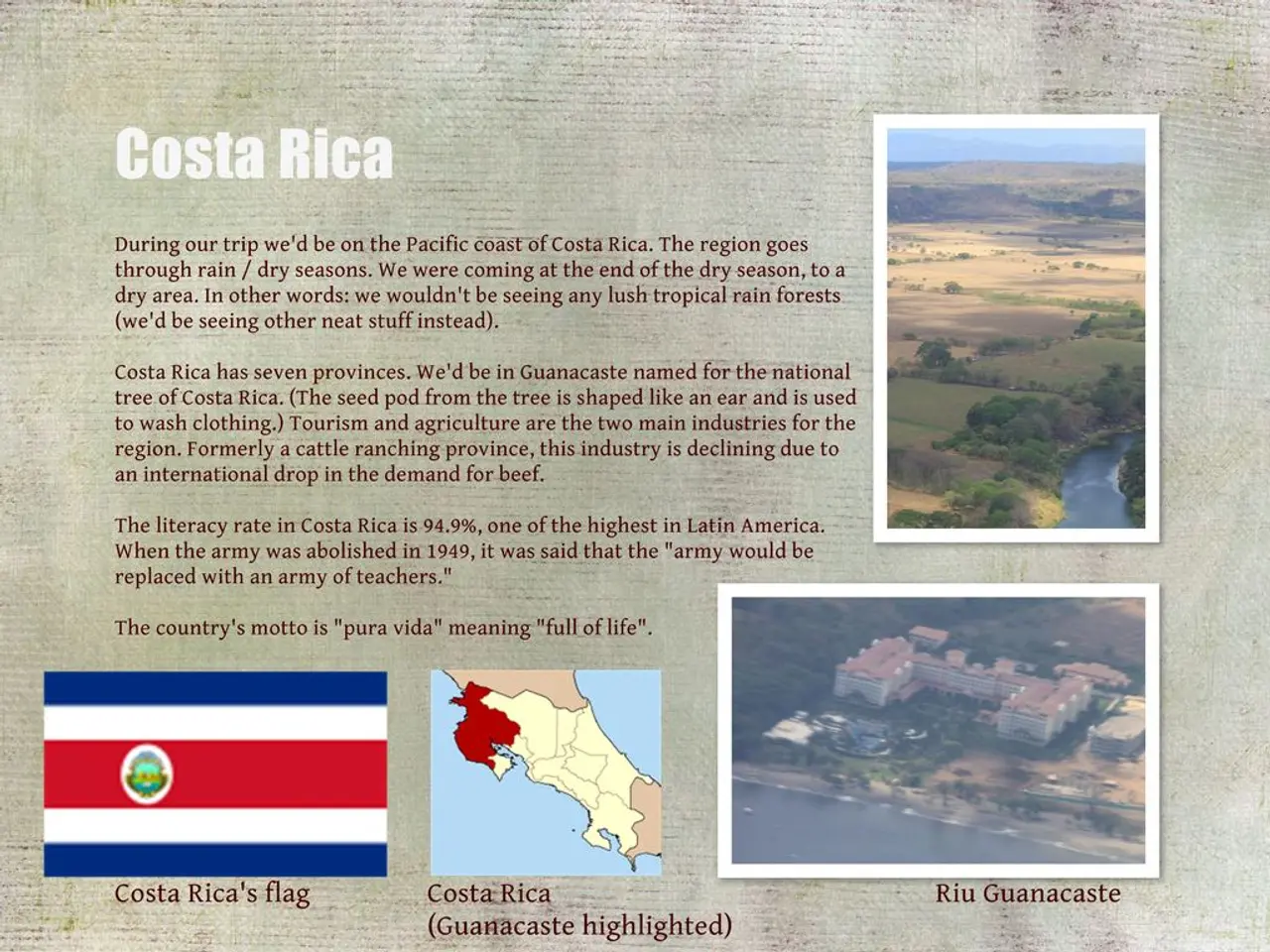Fifty-One Absent Seats Around the Dining Table
A Bloody Feast in Gaza: The Khan Younis Massacre
Shattered bones and desolate ashes
Lives devastated, their remains sprawled
In unmarked graves hidden away
Across the heart of Europe once enraptured by peace
If given their due back in the day
They'd rest, but now they're stuck
As the people of Gaza flee their homes
For sanctuary from impending doom
Strikes promised for next week
In their backyards they bury their dead
Overflown with corpses, the cemeteries are full
Thousands rot beneath the rubble, unclaimed
Remnants of Himmler's wicked plan
Found a mirror in the Promised Land
A land of milk and honey
Watermelons grew
A grim reminder of how to persecute
Having witnessed it done before
With genocide, not herbicide
Eighty years since the Holocaust's grim spectacle
When Auschwitz's gates were flung wide open
We witness new atrocities every day
If the saviors of this grim legacy
Our hands that shelled, our guns that fired
Killed the fifty-one souls in line
For flour and rice at Khan Younis
On the Levantine coast
The bloodiest slaughterhouse known
A death camp like never seen before
For sixty thousand souls condemned
And many more to fall in blood and dust
As fortune follows those steel tanks and weapons
Following close behind, disease and famine
EU, US, and the MacDonald's of DEATH
Who care not for children's cries?
Who care not for the millions starving?
Who heeds the whispers of International Law?
Only those with hearts and spines
**Image:
A simple sketch of a Phoenix, the fitting symbol of Gaza City.
BBC News Report on the Atrocity committed by Israel Defence Forces at Khan Younis aid distribution center in Gaza on 17 June 2025
Facebook Twitter
Enrichment Data:
In the tumultuous year of 2025, a gruesome event unfolded involving the Israel Defence Forces (IDF) at an aid distribution center in Khan Younis, Gaza. Amidst a prolonged Israeli blockade and escalating military operations, this incident occurred.
During May, Israeli authorities imposed a near-total blockade on Gaza, with barely adequate humanitarian aid trickling in, pushing Palestinians to the brink of survival. Pascale Coissard, emergency coordinator of Doctors Without Borders/Médecins Sans Frontières (MSF), described the blockade as a façade, concealing Israel’s military objectives while exacerbating human suffering. Ms. Coissard classified the situation as ethnic cleansing, stating that Gaza’s healthcare system was systematically being destroyed [1][2].
On June 1, people seeking medical care reported being shot at by Israeli forces near newly established aid distribution centers, including Khan Younis. These sites, established to provide urgently-needed assistance during the blockade and military operations, turned into bloody battlefields where civilians were targeted regardless of their vulnerable status [1]. This was part of a broader pattern of Israeli military actions that damaged or took out of service hospitals and medical facilities amidst intensifying airstrikes and evacuation orders in Gaza [2][3].
On June 26, reports emerged indicating that Israeli attacks struck other humanitarian sites in Gaza, including schools and camps, killing at least 56 people. This represents a continued pattern of violence impacting civilians and humanitarian infrastructure during the 2025 conflict surge [3].
In short, the incident at the Khan Younis aid distribution center involved the Israeli forces opening fire on Palestinians seeking aid amid a harsh blockade and ongoing military operations in Gaza. Tragically, this massacre resulted in many fatalities and injuries and formed part of larger actions that devastated Gaza's humanitarian situation and healthcare system [1][2][3].
- As the world grapples with the latest wave of war-and-conflicts, the massacre at Khan Younis in Gaza is a chilling reminder of the ongoing political turmoil.
- The General-news is littered with accounts of tragic accidental deaths and crimes, but the Khan Younis massacre, where fifty-one Palestinians were gunned down while queueing for aid, stands out as one of the most egregious.
- In the aftermath of the horrific massacre, the global community is once again faced with the question: When will we learn from the lessons of history, especially when it comes to war-and-conflicts, politics, crime-and-justice, and general-news that continue to claim lives unnecessarily?






